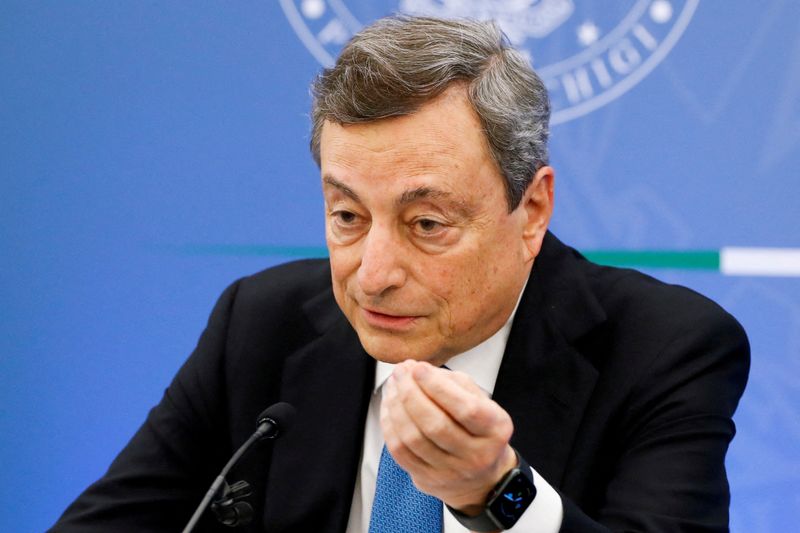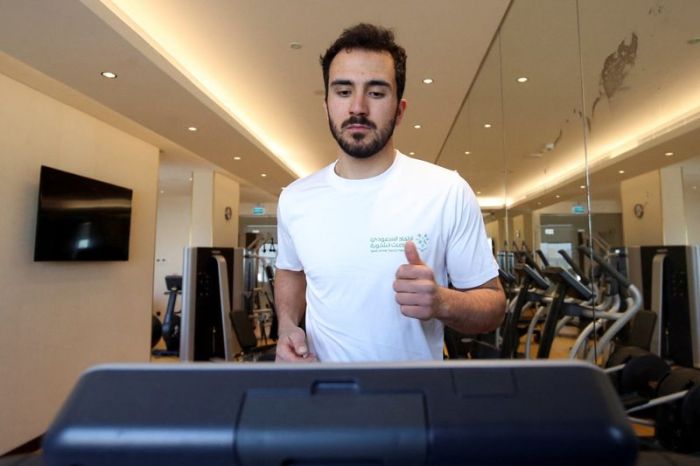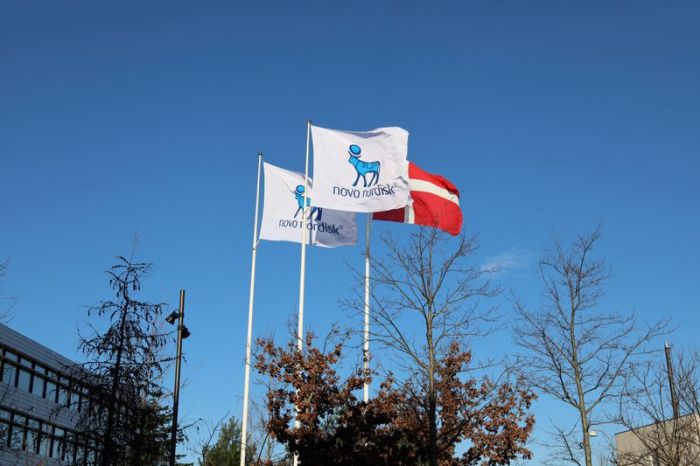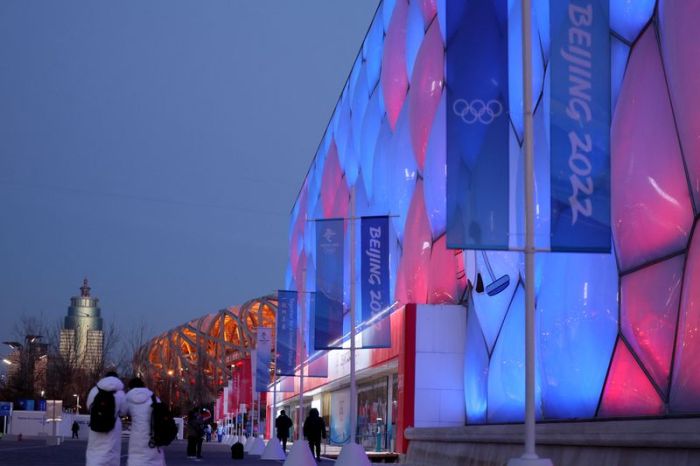ROME (Reuters) – Last weekend, for the first time in his gilded career, Mario Draghi missed out on a promotion.
He was the bookmakers’ hot favourite to become president of Italy. He had signalled he wanted the prestigious post, with its seven-year term and considerable political clout.
But over eight rounds of balloting which eventually crowned outgoing President Sergio Mattarella for a second term, Draghi never got more than five votes from the 1,009 parliamentarians and regional delegates who took part in the election.
In interviews with more than a dozen Italian parliamentarians, many said the main obstacle for the premier was the fact that if he had changed jobs, his government would have automatically fallen, potentially triggering elections a year ahead of schedule.
Most lawmakers were anxious to avoid this because they would have lost their seats and pensions, said unaffiliated deputy Riccardo Magi.
The prime minister’s office declined to comment on why Draghi had not won election.
Fausto Raciti, a deputy with the main centre-left Democratic Party (PD), said his group feared an election would yield victory for Giorgia Meloni’s hard-right Brothers of Italy party, which is riding high in the polls.
“There was the mathematical certainty of early elections and Meloni premier. Nobody in the PD was willing to run that risk,” Raciti said.
Meloni, whose party is not in the ruling coalition, had publicly backed Draghi for president, on the condition that elections were held immediately.
HIGH HURDLES
The fear of early elections was not the only problem.
The parliamentarians interviewed by Reuters said that Draghi’s bid also faced other high hurdles, which the prime minister never managed to overcome.
Claudio Borghi, a deputy from the rightist League party which is part of Draghi’s coalition, was involved in the fraught negotiations to elect a new head of state, trying to persuade lawmakers to back a candidate from his own conservative camp.
“Some said no, some said they would think about it, but the message I got from most of them was that they would consider voting for anyone but Draghi,” Borghi told Reuters, citing both concern over a snap election and unease over what he said was an “autocratic” approach to government from the former European Central Bank chief.
“If you want to be the ECB chief you have to negotiate with five or 10 people. To be president of the republic you have to convince 1,000 lawmakers. It’s a different skill,” Borghi said.
Draghi rode to Italy’s rescue a year ago, coming out of retirement to become prime minister after one of Rome’s frequent government collapses.
His 12 months in government have been absorbed mainly with tackling the COVID-19 emergency and adopting scores of measures pledged to the European Commission in return for some 200 billion euros ($226 billion) of EU pandemic recovery funds.
Like his predecessor in office, Draghi has often ruled by emergency decree, leaving parliament little scope to discuss and amend legislation. This sense of exclusion cost him support amongst the very group of people who choose the head of state, several of the lawmakers interviewed by Reuters said.
Draghi’s management style has also caused friction in the cabinet, a source in the ruling PD said, asking to remain anonymous. He consults widely, but then often decides abruptly, annoying some of his ministers, the source said. In the end, only a few members of his coalition team tried to fight his corner as the vote progressed.
Draghi carries rare clout on the international stage and is one of the most recognised figures in Italy. The idea of letting such a powerful figure take charge of the presidential palace for the next seven years weighed against him in a country where consensus politics predominates, some parliamentarians said.
“In Italian history, the country’s strongest politician has never been elected president because the system of checks and balances has its own logic,” said Ettore Rosato, a leading light in the centrist Italia Viva party.
MISSION ACCOMPLISHED?
Draghi made his presidential ambitions clear at a news conference on Dec. 22 when he said his government had largely completed its agenda. “The work can continue regardless of who is there,” he said.
While he did not explicitly say he wanted to be president, he said he was “at the service of the institutions” — a clear reference to his willingness to take on the role, politicians and commentators agreed.
Draghi’s move surprised some lawmakers because it broke with traditional Italian etiquette by which no-one is supposed to seek the presidency, but rather only accept it as an honour thrust upon them, said Sandro Ruotolo, a senator with a small leftist group.
“This ambition was a bit destabilising,” former Prime Minister Mario Monti told La7 TV on Sunday.
Draghi’s office declined to comment on Monti’s remarks.
The disapproval grew when, almost as soon as voting started, Draghi began talks with party chiefs in what was widely seen as an attempt to secure their support.
These talks were confirmed to Reuters by three party sources and were widely reported in Italy’s main newspapers. Draghi’s office declined to comment.
“The December news conference was bad enough, but then receiving party leaders while we were voting for the president of the republic seemed to us in parliament like a rupture of the rules,” said Ruotolo.
In the end, the leader of only one major coalition party, the PD’s Enrico Letta, cautiously backed Draghi, while the three other main government groups – the League, Forza Italia and 5-Star Movement – all publicly disavowed his candidacy.
Mattarella, 80, had ruled out seeking a second term, but with votes increasing for him with each passing parliamentary ballot, Draghi intervened on Saturday morning and asked if he would accept a fresh mandate.
Mattarella agreed and later the same day was re-elected with the second highest number of votes in the history of the republic.
(Writing by Gavin Jones, additional reporting by Giselda Vagnoni and Crispian Balmer, editing by Angus MacSwan and Nick Tattersall)
























